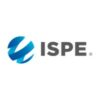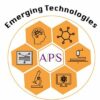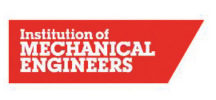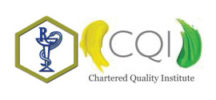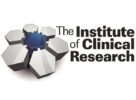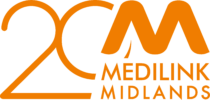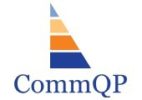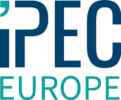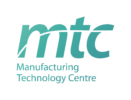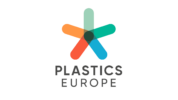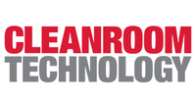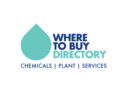23-24 April 2024
Coventry Building Society Arena
Archives: Seminars
Product Traceability – Implementing Serialization as a Manufacturer
AI for the Real World
Having worked within the Pharmaceutical field for over a quarter of a century AI is by far the biggest step change that I have seen in terms of a single technology’s ability to improve the Quality of a process / product and generate insights from data. Appraiseye, a partner company of Central Pharma Contract Packing… Read more »
Taking Control of Controlled Release
Trade Control Compliance – The Chemical Business Association’s Code of Conduct in Practice
To operate effectively in the modern day chemical and pharmaceutical supply chain companies need to have a good understanding of the possible uses and misuses to which the chemicals they are manufacturing, supplying, or using can be put. There are several substances subject to strategic export controls (trade controls) on an international level but also… Read more »
Challenges and Opportunities in Biologicals Manufacturing
Volatile Supply Chains: A QP & RPI’s Perspective
Overview of supply chain challenges Supply chain management and impact on QP’s & RPi’s Case study Key learnings
Approach to GMP/GDP Remediation
Inspection Readiness
How do you know if you are inspection ready? Being able to demonstrate GMDP compliance is essential to avoid additional costs, licensing delays and reputational damage. The presentation will cover what being inspection ready means in practice based on insights from former MHRA Inspectors, highlighting expectations for PQS documentation, completion of operational activities, and examples… Read more »
KEYNOTE: Process Modelling Advancement in Drug Product Development
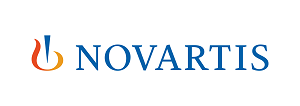
Digital manufacturing and process modelling approaches are gaining significance in drug product development. In this talk, an overview of process modelling approaches will be given and its application in a real industrial case study will be discussed. The application of process modelling tools to increase process understanding and process scale up to facilitate technology transfer… Read more »

